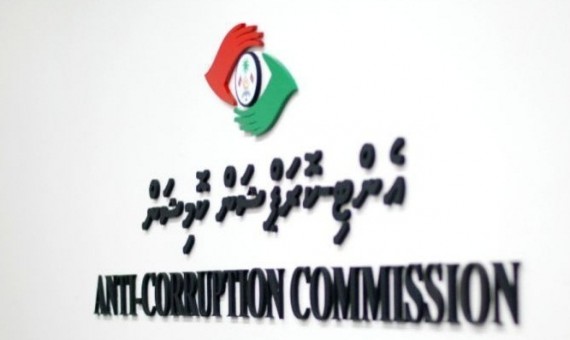
Anti-Corruption Commission (ACC) has concluded a case addressed in MNU’s 2012 Annual Financial Audit Report (No: (FIN-2015-58(D)) alleging that the Maldives National University (MNU) had acted in contradiction to the procurement policies when acquiring IT equipment for its faculties.
MNU had been accused of avoiding allocating the bid evaluation process to the National Tender Evaluation Board although the price of the tenders received were greater than MVR1.5 million. Besides, it has been alleged that MNU had unduly assigned the acquiring of its equipment to a private company for MVR2,544,955.00, and apportioning the process into various parts while drawing up 17 different agreements of which the contracts were signed on the same date (17th April 2012).
Upon investigation, it was found that following the announcement made by MNU regarding the acquiring of its IT equipment, more than MVR1.5 million worth of bids were submitted to MNU. Despite the huge amount, MNU did not allocate the bid evaluating process to the National Tender Evaluation Board, thereby, contradicting the Public Finance Regulation (Section 8.25). Instead, MNU’s procurement committee itself had evaluated the proposals while separating the proposals into various parts (different business areas) for different faculties and the tenderer who achieved the highest point from the evaluation was selected as the winning tenderer. Moreover, according to the payment vouchers of MNU the prices of different business area were less than MVR1.5 million.
Furthermore, ACC’s investigation demonstrates that the bids were grouped separately, based on the equipment required for each faculty. These bids were then evaluated by the MNU’s tender committee, before arriving on 17 different conclusions at its meeting held on 05th March 2012. On 17th April 2012, 17 contracts were signed between MNU and the bid winners. It was also found that all the contracts had a deadline of 45 days for delivering the equipment to the university. ACC had also evaluated the bids as per the same criteria applied by MNU nevertheless, the bid winner still remained same. Thereby, the investigation did not reveal any contravention with the law number 2/2000 (Prevention and Prohibition of Corruption Act). Hence, the case was concluded under section 25 (a) (1) of law number 13/2008 (Anti-Corruption Commission Act), as there was no offence of corruption in the case.
Although no offence of corruption had been identified on this case, noteworthy is the fact that MNU had wrongfully calculated the late delivery fines of which total amount of MVR13,598.16/- was excluded in the payments of 10 out 17 signed contracts with the supplier. Hence, ACC had recommended MNU to recover the amount from the respective parties.
Moreover, it was found that MNU had violated the Public Finance Regulation (Section 8.25), since it did not assign the above mentioned bidding process to National Tender evaluation board although the price was above MVR1.5 million. Instead, the process was carried by the university’s procurement committee. Hence, ACC had advised MNU to comply with the Public Finance Regulation in carrying out all its future procurement activities.




